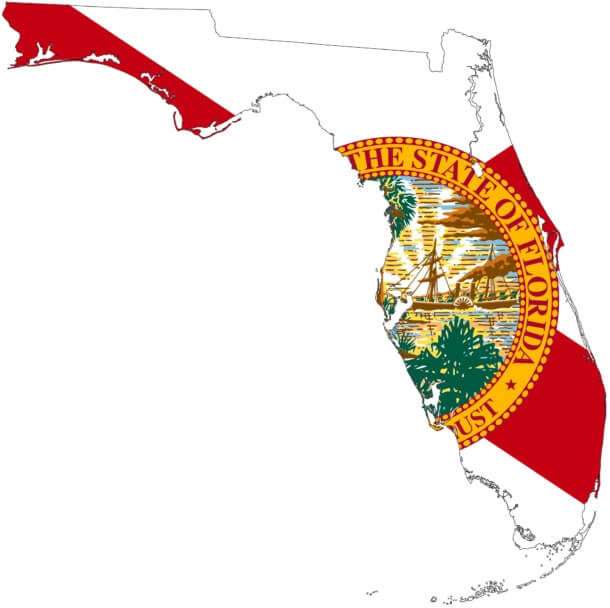by Tom Mullen
In the wake of Catalonia’s referendum on independence, Spanish Prime Minister Mariano Rajoy continued to argue, as he had in the weeks leading up to the vote, that any attempt by Catalans to become an independent state violates “the indissoluble unity of the Spanish nation, the common and indivisible homeland of all Spaniards.”
Americans watching with interest could hardly have missed the similarity to U.S. President Abraham Lincoln’s first inaugural speech, in which he declared, “It is safe to assert that no government proper ever had a provision in its organic law for its own termination.”
The difference is Lincoln was doing just what he said he was doing, “asserting.” His novel theory had no basis in the words of the U.S. Constitution itself and contradicted both the Declaration of Independence and the ratification statements made by three states, including Virginia, who all reserved the right to secede from the union as a condition of ratification.
The Catalonia Conundrum
Prime Minister Rajoy’s statement, on the other hand, was not based in theory. He was quoting directly Article 2 of the Spanish Constitution, which contains the provision Lincoln had to invent. But Rajoy wasn’t quoting the whole Article, which reads,
The Constitution is based on the indissoluble unity of the Spanish nation, the common and indivisible country of all Spaniards; it recognises and guarantees the right to autonomy of the nationalities and regions of which it is composed, and the solidarity amongst them all.
Jumbled together in that one paragraph are the same conflicting pressures which exploded into civil war in 19th century America and continue to smolder under the surface today. On one hand is the recognition that diverse cultures within the union have a natural right to govern themselves as they see fit, without having their political decisions overridden by politicians in a distant capitol who don’t share their values, have no local stake in the community and, in Catalonia’s case, don’t even speak the same language.
But at the same time, the Spanish Constitution expressly states what Lincoln argued was implied: whether that natural right is respected or not, secession won’t be tolerated. Upon ratifying their respective constitutions, it is as if the governments the Americans and Spaniards created became the character Sonny in A Bronx Tale, who said just after locking the door of his tavern on the troublemaking bikers, “Now, youz can’t leave.”
A Catalan vote on independence in which most eligible voters participated would likely be very close. It may even fail.
There is also the related question, publicly debated by Edmund Burke and Thomas Paine during the French Revolution, of whether any one generation can bind future ones into a political arrangement in perpetuity. Burke, widely recognized as the father of British-American conservatism, said it could. Rejecting the idea that governments are formed to secure natural rights, Burke took the conservative position that only long-standing institutions can protect Man from his own barbarous nature.
Paine took the position established in the Declaration of Independence that the people have a right to alter or abolish their governments when they failed to secure or became “destructive” of their natural rights. Interestingly, this question is even more at the center of the Catalonia controversy than it was during the French Revolution or American Civil War.
Unlike the French peasants or Confederate states, Catalans themselves are divided on whether they want independence from Spain. Yes, the Confederate states had many of the same differences with Washington Catalonia has with Madrid: They were net taxpayers, meaning they paid more in taxes to the general government than they collected in benefits. They were culturally different, not quite so much linguistically, but certainly so in every other way. And they had a history of self-governance, even while part of the British Empire, that by the time of the Civil War was hundreds of years old.
The chief difference between the two conflicts is the absence of a single, defining issue around which the forces for secession can rally. Sadly, that issue for the Confederacy was slavery, although all the other grievances were part of the fuel which burst into flame. For Catalonia, there are only those longstanding grievances, which continue to smolder. And so, unlike the Confederate states’ secession conventions, a Catalan vote on independence in which most eligible voters participated would likely be very close. It may even fail.


